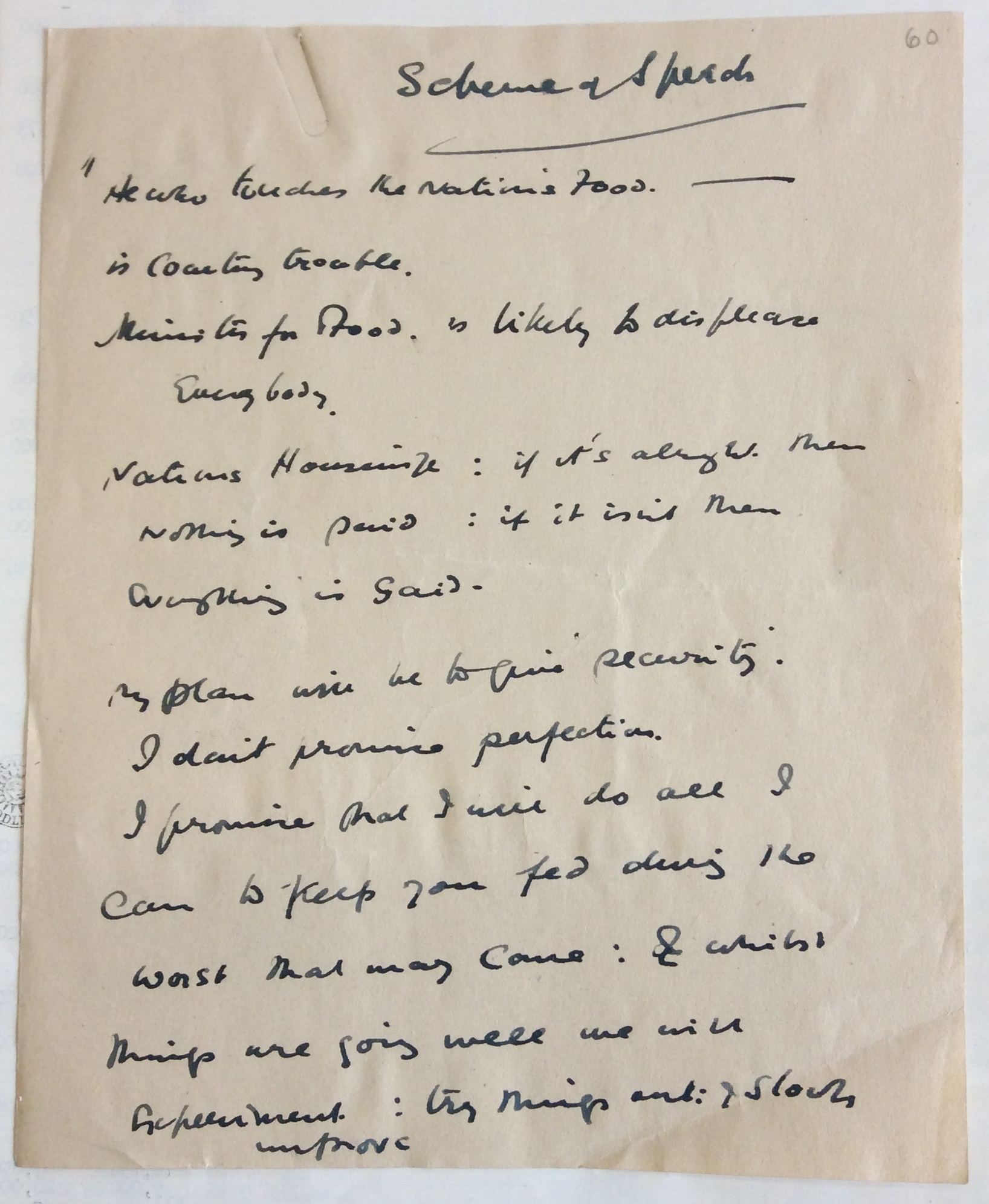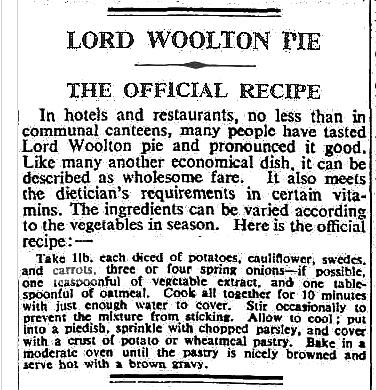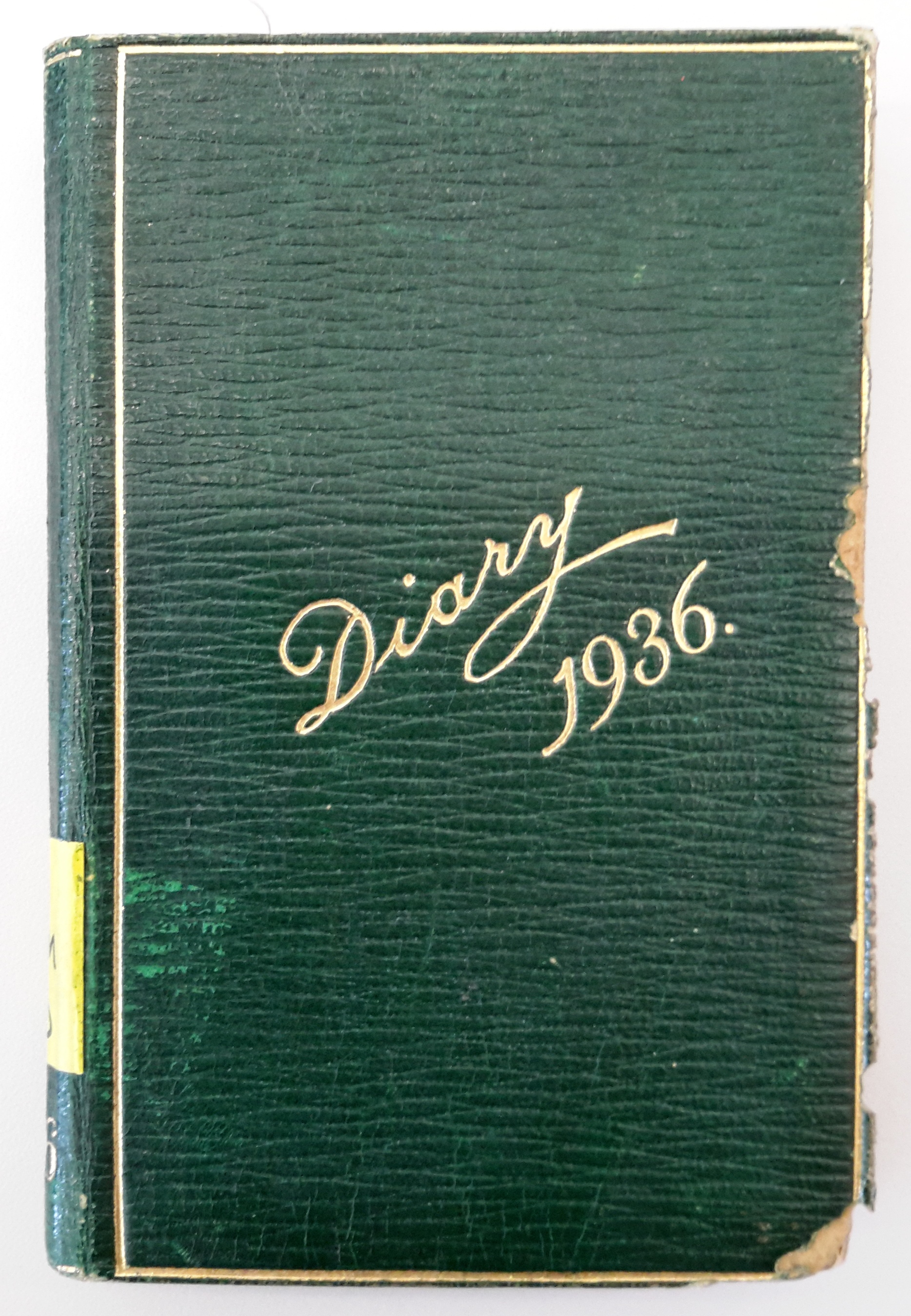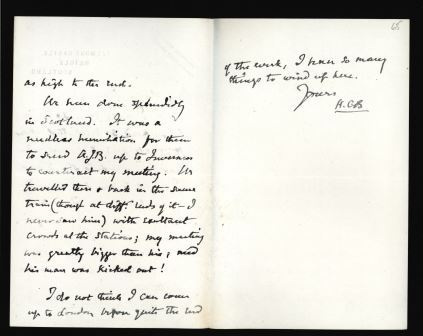Written by Kasturi Pindar, Bodleian Libraries intern, Summer 2023
The John Johnson Collection of Printed Ephemera, held at the Bodleian Libraries Special Collections, contains a multitude of images of early modern people who transgressed gender norms. Amongst these images, no two are the same. One image depicts two figures standing in a laundry room. It is captioned ‘Abigail Mary Allen, Pretended Wife of James Allen’ and ‘James Allen, The Female Husband’. Others depict people who, assigned female at birth, donned men’s clothing in order to serve in the military, particularly at sea. One such image is of ‘Mary Anne Talbot, otherwise John Taylor, Foot Boy, Drummer, Sailor, etc. etc. etc.’ Another, shows ‘Miss Theodora de Verdion. The walking Bookseller, and Teacher of Languages, dressed as a Man.’ We also come across Anne Jane Thornton, who donned a cabin boy’s dress in order to sail to New York in pursuit of a romantic interest, continuing life at sea as a man for around two years, though her story is contested. Some of the individuals found in the collection are well researched by historians of gender such as Jen Manion, who has written about ‘female husbands’ and sailors who ‘transed’ gender in order to take part in life at sea. About others, less is known. Nonetheless, these images offer a way in to examine the lives of such figures, the myriad gender expressions of people living at the time, and how gender was perceived in 18th and 19th century Britain.
Abigail Mary Allen, pretended wife of James Allen (1829), Oxford, Bodleian Library, John Johnson Collection of Printed Ephemera, Humans 4 (19)
We can start to understand how gender was perceived in the past when we look at the images in the context of the collection and how it is categorised. In the catalogue of the John Johnson Collection, these images can be found under the headings Entertainment>Humans>4. The categories Humans 1, 2, 3, 4 and 5 contain hundreds of images of people that would today be considered to have a disability, whether physical, mental or developmental, a disfigurement, an unusual cognitive ability, or who were transgender. Each person within these headings seems to have been considered a ‘curiosity’ and their images were generally published for the amusement of the general public. Taking a closer look at the images themselves, we can see in the print below the image that the heading ‘Humans’ was once called ‘Human Freaks’. This is the language that was used as the collection was first assembled by John de Monins Johnson and reflects the language of Victorian ‘freak shows’. Since arriving at the Bodleian in 1968, these headings have been reviewed and amended to remove harmful language (see A Note on Language at the end of this blog post). Nonetheless, examining the original language used helps us to understand the context of the images, which were perhaps seen as a printed exhibition for the public to browse, ogle, and laugh at. In fact, many of these images were collected from Kirby’s Wonderful Museum, a nineteenth-century publication which claimed to display ‘remarkable characters, including all of the curiosities of nature and art … drawn from every authentic source.’ Its intention as a source of entertainment through the exoticisation of anything and everything, including human bodies, is described in no uncertain terms. Categorising people as ‘curiosities’ may not have seemed out of place at the time, and it tells us how strange the notion of experimenting with gender expression was to these peoples’ cisgender contemporaries.
In some cases, the fetishization of transgender bodies goes hand-in-hand with the way that they were treated in their lifetimes. For one such person, Mademoiselle de Beaumont, also known as the Chevalier(e) d’Éon, this was certainly the case. D’ Éon was a French diplomat, spy and soldier born in 1728 and assigned male at birth. She lived for many years as a man, before beginning to live as a woman in 1777, eventually moving to England and being legally recognised as a woman. A clipping found next to her portraits in the John Johnson Collection demonstrates a fascination with her ‘questionable gender’. Though the clipping reads as an obituary marking D’Éon’s recent death, most of the text discusses the question of her gender, ending with the conclusion that, following an examination by a physician after her death, her body was that of a ‘perfect male!’ (emphasis in original). Other clippings from the collection also show a similar obsession with her gender that is reflected in how she is portrayed in Kirby’s Wonderful Museum.
La Chevaliere D’Eon (1791), Oxford, Bodleian Library, John Johnson Collection of Printed Ephemera, Humans 4 (22b)










